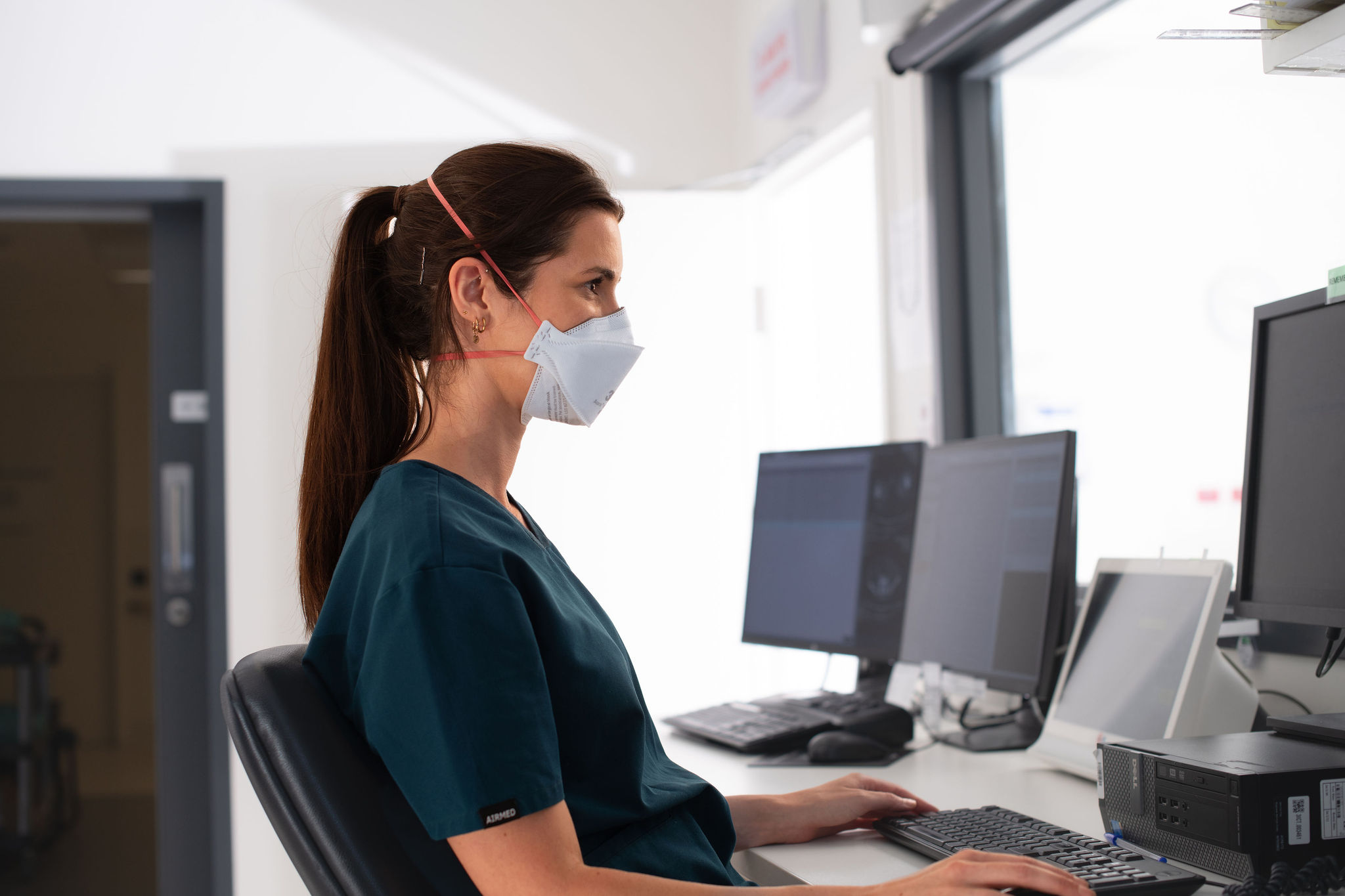We provide central coordination of high-quality education to our workforce, students, patients, carers, and the community.
We recognise the importance of education and learning, and work with educators across the organisation to support the learning needs of our staff, students, and patients. Knowledge exchange with our health and education partners and networks provides access to high-quality education for our clinical and research staff and our patients. The Office has a strategic focus on education that is evidence-driven, to support our patient-centred focus on clinical care and research.

